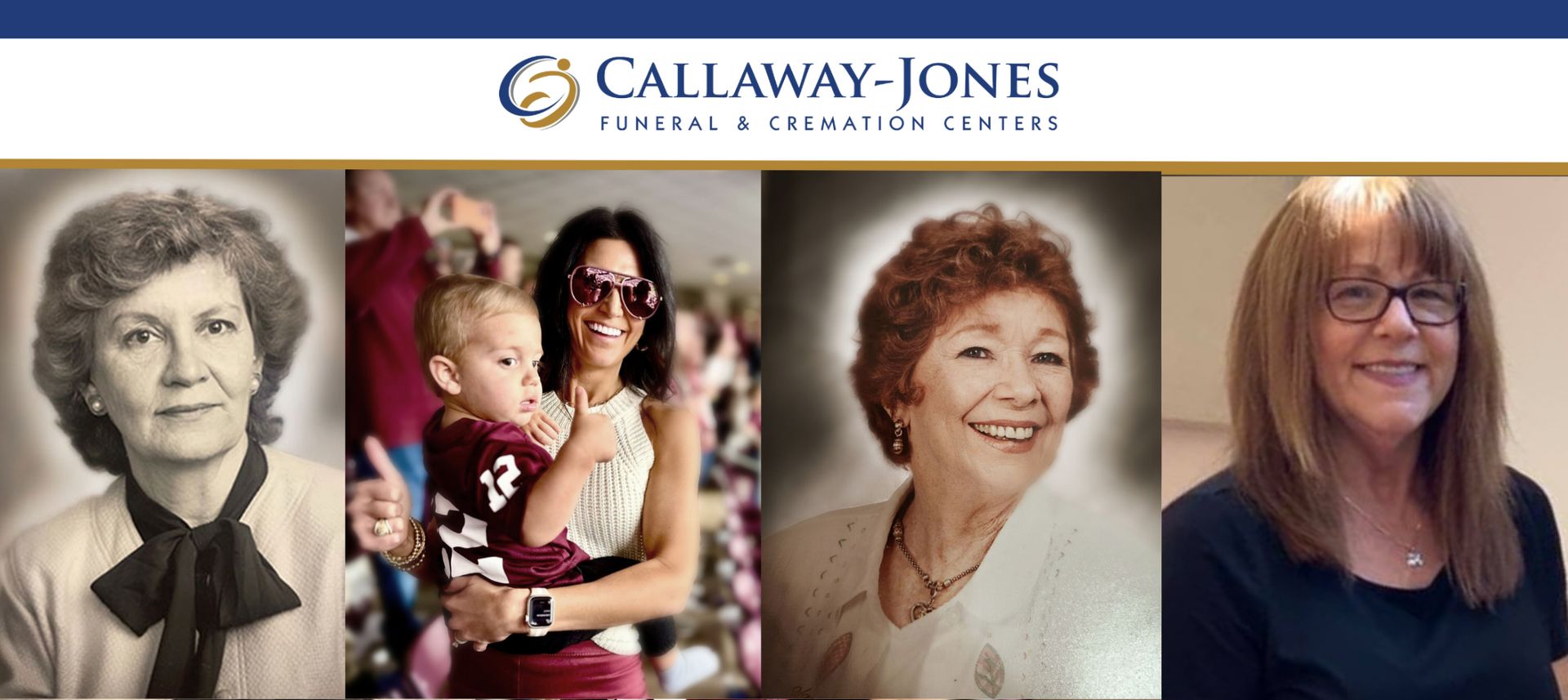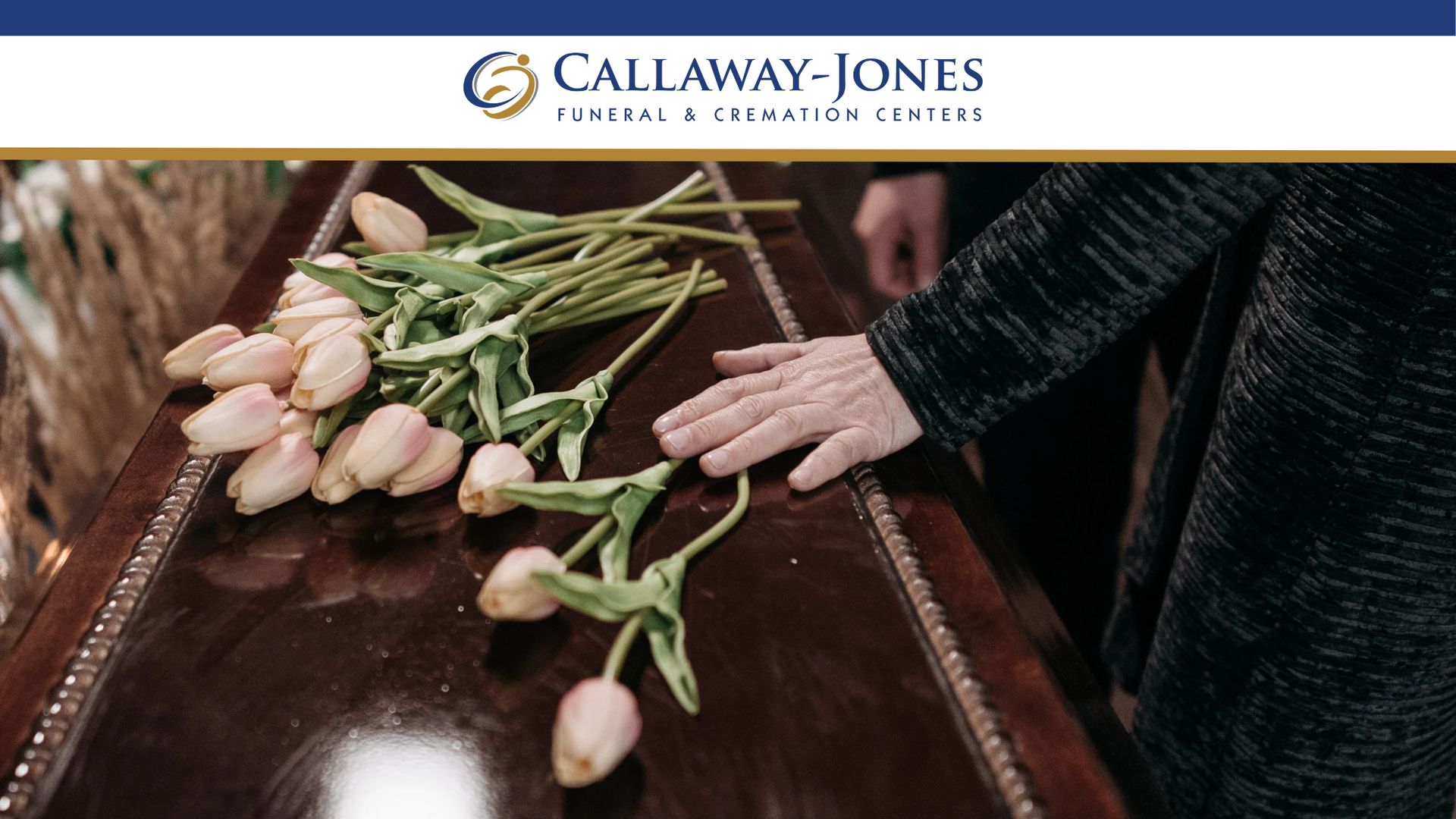When a Child Loses a Parent too Soon — How Can You Help?
It’s hard enough growing up in today’s world. So many choices, and so many come too soon, it takes both parents focusing hard on a child’s well-being to help them navigate the 21 st century speed of life. Things our parents never expected us to have to think about at age 11 or age 15 are things they now encounter in their daily choices years sooner.
When a child experiences the loss of a parent due to their sudden passing or as the result of a lingering illness, they have a limited amount of understanding and resilience about how to be strong in the face of adversity and true pain. One of two constants in their lives that they counted on from their beginning is now, suddenly, gone, never to be seen again.
At any point in childhood, the means of coping with a parent’s death depends on three things: a) a faith structure of the family, b) the role of other adults in their lives, and c) the age that the child has to accept the parent’s passing and ability to cope.
The younger the child, the easier the acceptance comes that either Mom or Dad is not here anymore. Sometimes the loss of a parent by divorce is the same as when they pass away if that other parent is no longer going to be a part of the child’s life anymore. Until a real routine gets established, whether it is beginning at kindergarten age and ritual of daily life goes on, or whether in infancy, the absence or presence of one more person going in or out of the life pattern you know is simply a change.
As a child gets older and develops a long-term personal identification and relationship with the person named Mom and Dad and identifies with that person as “theirs,” then that serious bonding has been creating that sets up as a real loss when one of those key people in their life is gone. In fortunate situations, grandparents and aunts and uncles also play key roles in the daily presence of children’s lives to the extent that a child’s world is changed drastically or minimally.
Rationalizing the absence of a parent is a coping mechanism that children use to get through day-to-day life. Emotionally speaking, the absence of a parent is something that a primary surviving parent cannot make up for as if the loss does not seem real. However, the sincerity of love can fill the void of their loss. It’s not a matter of having to double up to make it “not matter” that the other person is not there.
In fact, it is important to acknowledge the loss to that child, from the very beginning of the time where they can understand that there is a loss. Photographs of the missing parent, with the child, help that child to know there was another person in their life who loved them very much. And to understand that the person is no longer there, not because they didn’t want to be, but instead because they could not impact their leaving, is important. The presence of other family members and extended family can also help to fill in information gaps, to teach a child how much they are indeed like that “other parent” in the way they look, or sound, or speak, or are kind, or are talented in one area or another.
In life, we all build a self-image and self-concept based on a series of benchmarks that we see and that we like about ourselves and others. We emulate the good things we see about other people, and we reject things we see that we don’t like. Each of us is an amalgamation of faith and experiences that give us a playbook of things we pick and choose for our own lives when we are of age to make those decisions.
For the sake of closure, if a child loses a parent before the age of 21, there should be a ceremony, formal or informal, in a church or in a funeral home, or offsite on family property, where tribute is paid to the life of the person who was an integral means of bringing that child into the world. Some women die in childbirth, others have chronic diseases that take them away from their family too soon, others can die in a freak accident. Here today, gone tomorrow, with no time to prepare for a loss. In any setting, studies have shown the importance of acknowledging that absence as a true loss.
Some parents choose to skip having a formal funeral because they can barely deal with the grief themselves. They don’t want to be surrounded by people who are trying to comfort them because it makes the loss all the more real to them, and that’s a pain they are not prepared to handle. If you have family members like that, it helps to encourage them to go ahead with a ceremony or service of passage, to begin closure for their child, if not for themselves. Otherwise, there is a continuing sense of “something missing” that the child cannot put their finger on, but they know they didn’t have what others did.
Especially in these days when teenagers are in school with children, who for one tragic reason or another, a parent takes their own life, and the parent who sat to their parents in school assemblies is no longer there every day—there’s a loss that a classmate can relate to with their classmate.
That same parent they may have seen on campus dropping off their classmate for eight consecutive years, that they thought they knew, generally if not well, is gone. A ceremony helps with closure, and in fact, having many children who are friends or even acquaintances of that child can bring a classmate comfort just to see. Hearing from them that they liked or cared deeply about your parent is important, as it validates that they lived.
In cases where someone was harder to get to know or more of a loner, it helps a child to hear that that child’s classmate is sorry for their loss…the life they knew, if even briefly, counted. It cannot be emphasized enough how closure is the prelude to healing when a child loses a parent. Saying that parent’s name out loud, even if preceded with Mrs. Nolan or Mr. Everly or whatever their name, brings a vivid memory back to life.
For a mature child, from high school age to full adult, one published resource is “ When Parents Die: A Guide for Adults ” by Edward Myers. Although the book was revised and updated as long ago as 1997, frankly, it remains one of the most logical and practical ways of identifying and coping with all of the variety of emotions and feelings that come over you when that most important person, either by omission or commission in your lifetime with them, is gone. Things left unsaid. Advice not given. Memories not shared. Wisdom not recorded. These are areas of regret that come about when the child/adult is unprepared for the parent’s imminent absence from their daily life.
If a parent is aware that their days on earth are coming to an end, one thing you can do now, today, while you are able, is to write letters, leave notes, make voice recordings, use your phone to save many videos for your loved ones to have when you are no longer here. The gifts you leave like that can be saved back for your loved ones’ special occasions, such as high school graduation, college graduation, future/ultimate weddings, birth of a child, etc. That is something that will also bring someone comfort who finds their lifetime coming to an end more quickly than they had imagined.
Remembering and acknowledging the birthday of a friend’s parent or the anniversary of their passing (at least for the first few years) is also key to helping the grieving child cope. Saying it out loud, that “this is the day” of birth or death helps cement that yes, it is real, and yes, it is sad, but yes, it means that there was an amazing, special person they knew who created a series of memories and shared experiences together with that child that can replayed in their mind. Familiarity and repetition make an impact, eventually. Time brings healing. Time brings smiles where there were once tears. And your patience and ongoing, continuing friendship to your friends who have lost parents will make a difference that only you can make.
For the companion parent, there will eventually be a time when their life and daily routine will change. The process of possibly introducing a second parental figure into a marriage will happen and as long as the child knows that their birth parent will always be remembered and regarded will help ease the pain of what they can easily misconstrue as “taking mom’s or dad’s place,” when in fact no one can take the place of a person you loved who has died. You can add someone into your heart, but no one takes that other person’s place—ever. It takes time and experience to understand that, of course. We all do the best we can when there is a loss. The best case solution for a child who loses a parent, though, is persistence and patience in just simply being there for your friends and family. Friends you know who have been through this process can be a valued asset, so be sure to talk to them for advice if they are willing to share.
Cody D. Jones ‘02
Owner & Community Member










